The Government Report on the global action programme on sustainable development was published on 2 February 2017. The report (in Finnish) highlights two focus areas: achieving a carbon-neutral and resource-wise Finland and securing non-discrimination, equality and a high level of competence in Finland. To a large extent, the report discusses these focus areas separately, although the inter-dependency of the focus areas is aptly mentioned in the beginning. However, this does not give justice to how closely emissions and resource use are linked to striving for well-being and equality.
The report states that “one focus area cannot be implemented without the other”. The connections between the focus areas are explained in a few sentences. It is stated, for example, that carbon neutrality requires expertise and fair management of societal change. Similarly, the report sees that competent workforce is important for companies and that securing a sustainable economy makes it possible to develop the welfare society.
I argue that it is not possible to explain in such a short introduction how fundamentally and in how many ways emissions and resource use are linked to striving for well-being and equality. I will describe these links a bit more in depth below.
First of all, one thing is self-evident: the human being is part of nature. Equal well-being of people is not possible unless the preconditions for well-being are ensured at the same time. Fundamentally, the mitigation of climate change and striving for resource wisdom are about securing the preconditions of life for the human race. It is not just about a need for competent workforce or reconciliation of political silos, but about the biophysical possibilities for a good life. The promotion of well-being and health that was highlighted in the report is only possible if the diversity of nature and the carrying capacity of the Earth are also safeguarded.
Because we depend on the shared atmosphere and ecosystem of the Earth, striving for a carbon-neutral Finland is unavoidably linked with equality both at global and local levels. Equality means that all people on the Earth in principle have equal rights to the shared natural resources. According to different studies, natural resource use increases with the rise of income level. The way rich countries and citizens overconsume resources reduces the well-being of poorer populations, for example, when the living environment of the poor is polluted because of production intended for exports.
In addition to striving for general resource wisdom, Finland’s sustainable development policy therefore needs a clear understanding of what the level of globally fair use of natural resources is. Reducing the average natural resource use by a Finn to one fifth of what it is now can be considered one guideline.
Securing employment is one of the report’s objectives in which the link between carbon-neutral and equal development is obvious. The Government hopes in its report that the bioeconomy and the circular economy will create new jobs. In addition, “sustainable increase of natural resource use” would strengthen employment. However, it is possible to support employment in a sustainable way in Finland only if the overconsumption of imported materials is replaced with local raw materials and fossil energy sources are replaced with more labour-intensive, decentralised forms of energy.
Strengthening the local economy that arises from the needs of local residents supports employment in an equal and inclusive way. When the emissions restrictions agreed on in the Paris climate agreement are taken seriously, the production methods and ways of consumption based on fossil energy will be changing much more than anticipated in the report.
The objectives of carbon neutrality and resource wisdom must be taken into account when decisions are made on the future social welfare and healthcare model or inclusive social security (abstract in English). For example, we should investigate whether the corporatisation model strengthens the sustainable economy that promotes wellbeing and how participation could support the energy revolution. There can be no social policy without the environment.
These interconnections, regarded as too all-embracing by some, may seem too vague in policy-making. An in-depth understanding of these connections is, however, essential so that Finland can successfully reach all the targets in Agenda 2030.

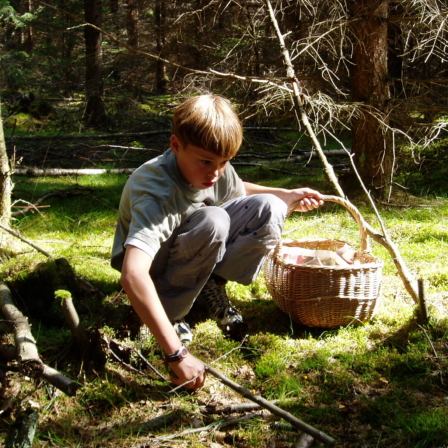






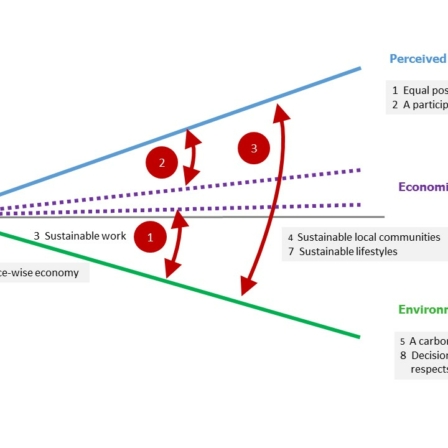
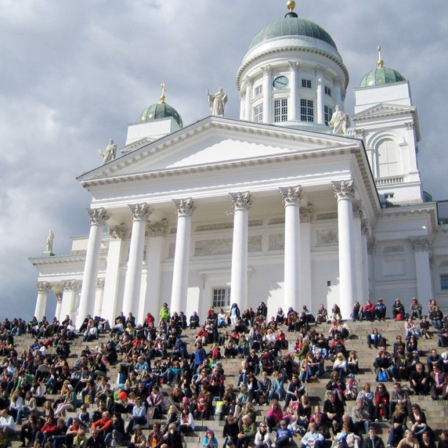
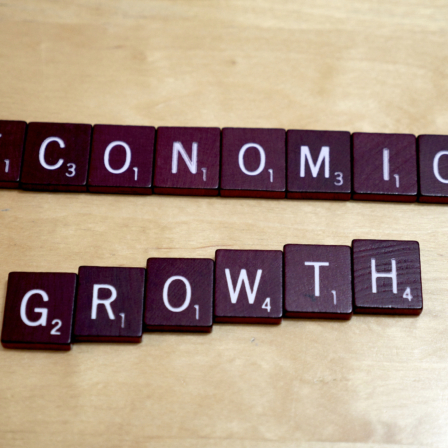
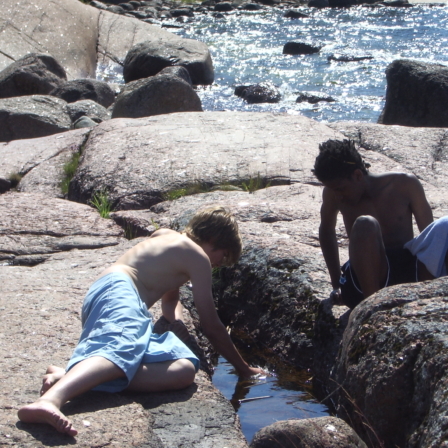

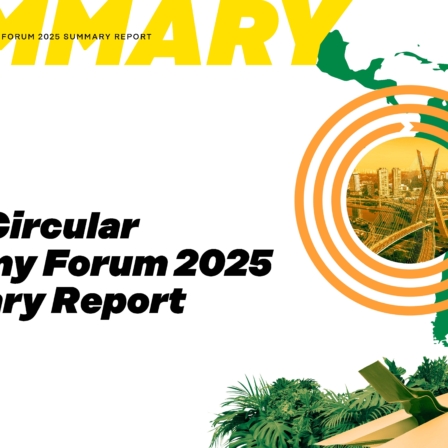
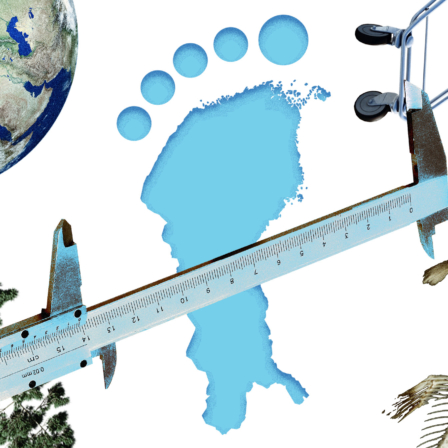



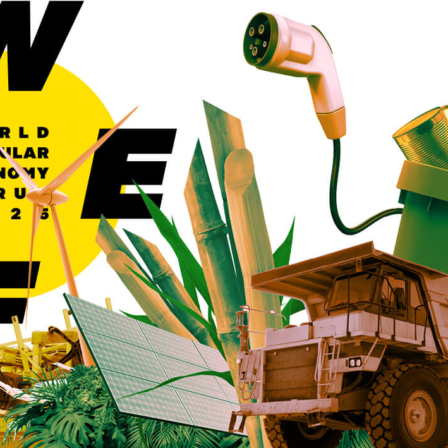









Recommended